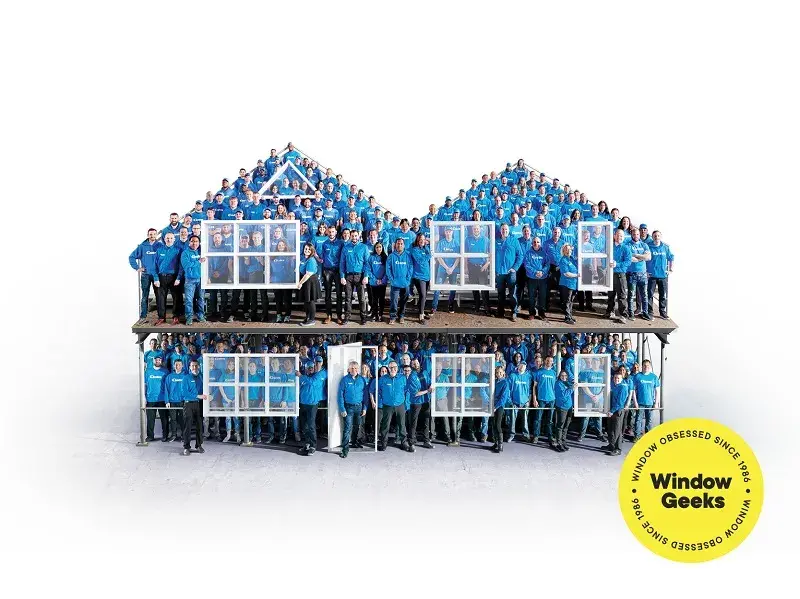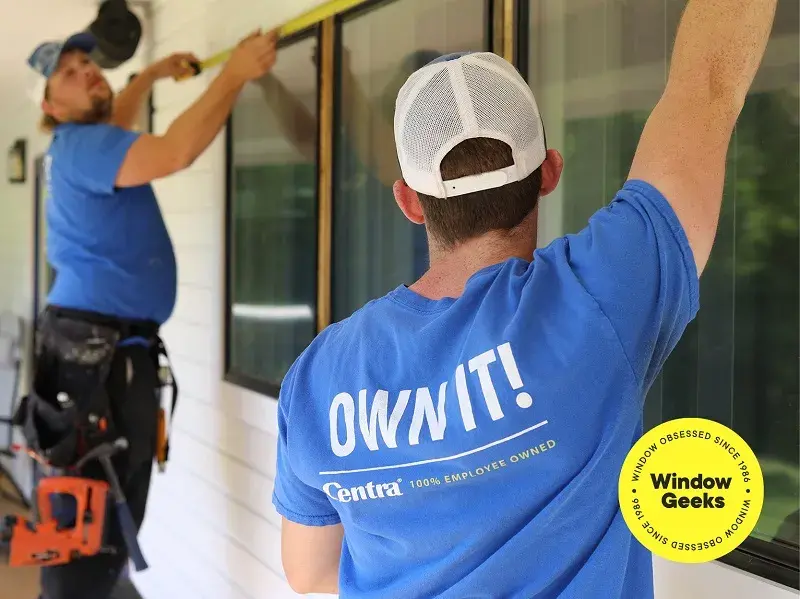Categories
Trending
Comfort Energy Savings In The News
Discover Centra’s Supreme Collection Windows: The Best Option for Comfort and Style
Budgeting Energy Savings
Are Energy-Efficient Windows Worth the Investment?
Comfort Energy Savings
Which Windows Are Most Energy Efficient? An Expert Guide to Save on Energy & Costs
Recommended
Energy Savings
Saving Money Through BC's Step CodeEnergy Savings
Designing Windows for the BC Energy Step CodeEnergy Ratings Essential for Window Performance?
Are you aware of the Energy Rating (ER) compliance path in Canada and why it is not allowed to be used in BC for code compliance?
The ER path is a method used to determine the thermal performance aspect of a window. It uses the Solar Heat Gain Coefficient, U value and Air Leakage of a window to create a simplified unit-less rating system so all windows can be compared with each other. It is not a design tool, but a consumer comparison tool. The interesting part regarding this compliance path is the National Model Code (the code all provincial codes are modelled after) and Energy Star for Windows use this compliance path as an option for windows. The only issue is that all provinces follow this system, except British Columbia. Let me explain.
It’s all in how Solar Heat Gain is viewed. If you look into NRCan (which sets energy standards in Canada) and Energy Star, they view Solar Heat Gain as a free heating system and therefore a good thing. This is where the natural heat from the sun can be leveraged to heat the home. It’s free heat, it all makes sense right.
Not so fast! Free heat in the winter is also free heat in the summer. Do you see where I am going with this?
B.C has a very different climate compared to the rest of the country. What do we have on most winter days that most of Canada does not have? Clouds and plenty of rain. We also have longer and warmer summer days. Our Window Geeks are currently enjoying 23-degree temperatures while out East, our friends in Toronto are freezing in -2 temperatures and driving through the snow.
Why is this important for British Columbia?
Well the BC Building Code does not allow the ER compliance path for windows and the Rebate program for window replacement in existing homes does not use the Energy Star Compliance path either. This is a well-known issue in BC and the reason is that High Solar Heat Gain windows cause problems when it comes to overheating. This is at least 50% of the reason why homeowners invest in window upgrades.
Now I am not against using Solar Heat Gain as a free winter heating system. I actually encourage it, but only if you can address summer overheating. You can do this with either air condition (which will result in a higher summer energy bill) or exterior summer shading elements. The key is to ensure these design features are part of the overall building design. The windows on the north side should not be the same windows as the south side.
There is a lack of understanding of what low, medium and high solar heat gain numbers are. Because there is little knowledge around this, the numbers that are selected can be misleading to the consumer who buys and lives in a home. A homeowner may be told that the home is designed for free winter heat, but is not warned about the free summer heat at the same time.
Here is the range of solar heat gain ratings that you should look for and how to apply them to a building:
- High Solar Heat Gain – 0.40 and higher
- Medium Solar Heat Gain – 0.30 to 0.35
- Low Solar Heat Gain – 0.20 to 0.25
Now there are two main reasons to use Solar Heat Gain in the design of a building. Energy Performance and Comfort:
- If you use High Solar Heat Gain Windows – Cold Climate Windows
- Reduced winter heating bills but uncontrolled winter heating due to cloud cover.
- High summer AC/cooling bills if you have a cooling system.
- Overheating in the summer if you do not have a cooling system.
- If you use Medium Solar Heat Gain Windows – All Season Windows
- Reduced winter heating bills as LoE in general improves overall thermal performance.
- Reduced AC/cooling bills. Depends on amount and size of south facing windows.
- Reduced overheating in the summer.
- If you use Low Solar Heat Gain Windows – Warm Climate Windows
- Reduced winter heating bills as LoE improves overall thermal performance.
- May not require an AC/cooling system in the home. Depends on amount and size of south facing windows.
- A cool and comfortable home in the summer.
Armed with knowledge and a little bit of understanding of how energy modelling works; industry trades, contractors and owners can work together to assist with simple tradeoffs on key building system components to achieve the same compliance. At the design stage of your project, speaking with experts will allow you to better understand and appreciate how each component are going to work together to achieve the overall desired performance.
Trust your trades and energy advisors. Look at your projects from a holistic perspective and you can find savings the next time you find yourself navigating the BC Step Code. Lastly, get a window geek in your corner!
We are your certified Window Geeks
Centra Windows is not only the manufacturer but also the installer of its product, which enables us to offer a full warranty, eliminating any confusion between product performance and installation. We view the house as a system and understand how each of the elements must work correctly to maximize the comfort and energy efficiency of your home. Contact our local Employee Owners at 1-888-534-3333 or send us an email at info@centra.ca for more information about this topic and many more. You can also sign up for our biweekly newsletter, providing all the tips and tricks about the window industry.



